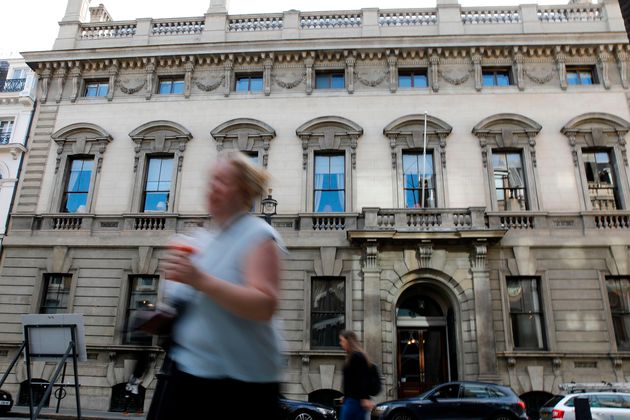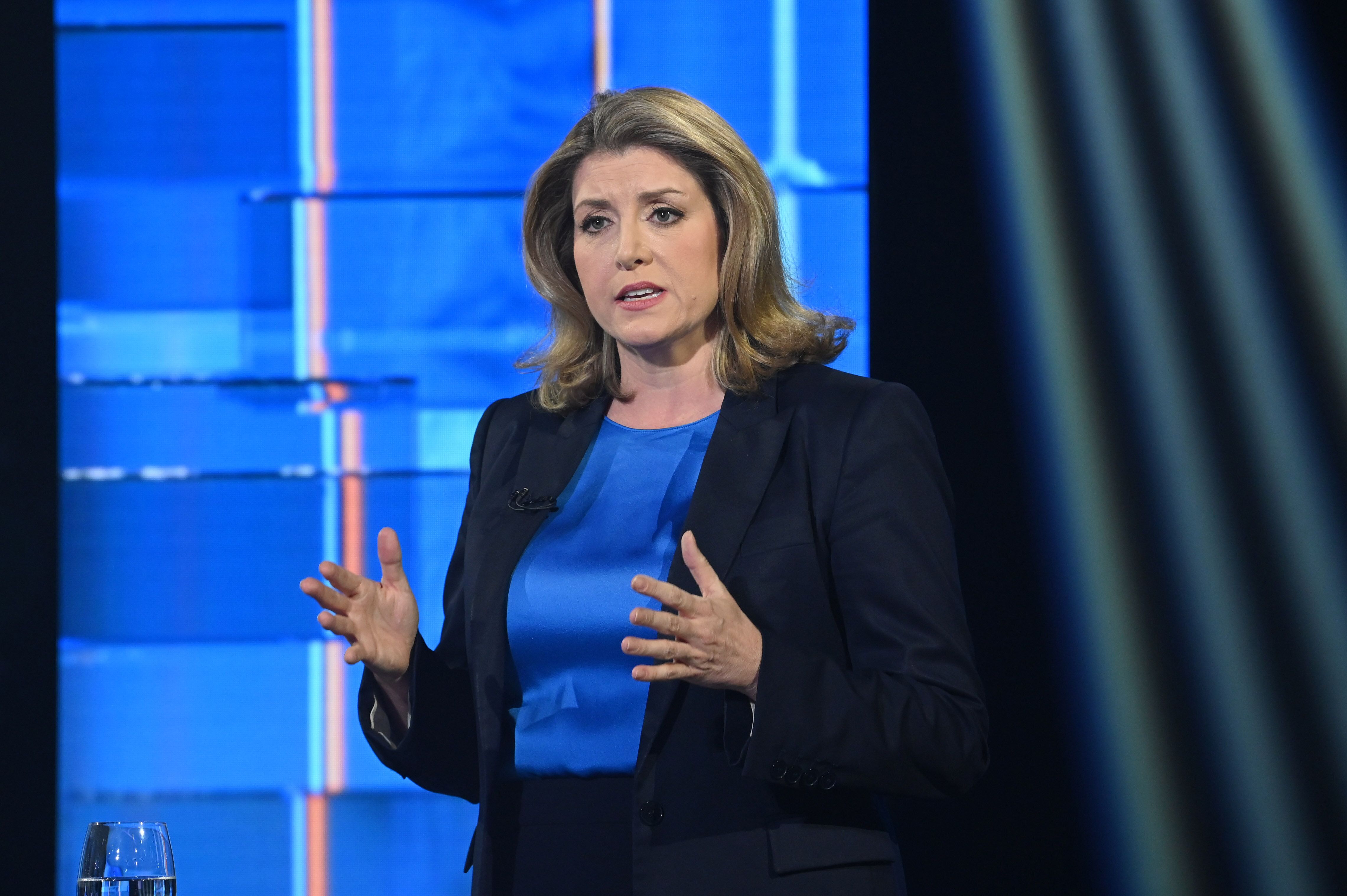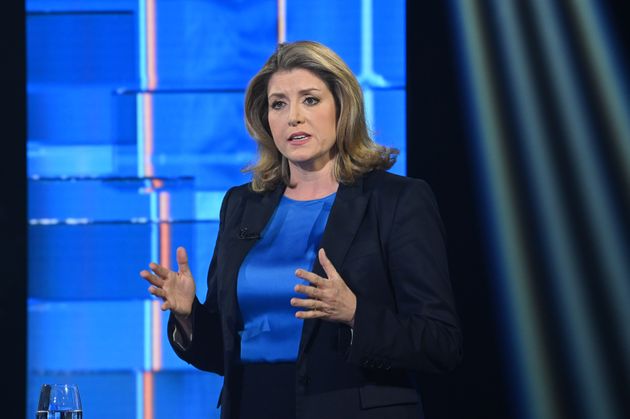
A central London private members’ club has been under the spotlight after its membership list was published in the Guardian newspaper. But what is the Garrick Club, and why is it controversial?
What is the Garrick Club?
The Covent Garden club, named after eighteenth century actor David Garrick, opened in 1831, and is said to have around 1,500 members.
Advertisement
Last week, The Guardian revealed what it describes as “the roll call of (the) British establishment” – a membership list that reportedly includes judges, barristers, MPs, academics, actors and senior figures in the arts.
London’s private members’ clubs are world famous, with some notorious for their men-only rules and strict dress codes. The Garrick is among the best known among scores of clubs across the capital. Other legendary names include Annabel’s, The Groucho Club and the National Liberal Club, with some more political in their membership than others.
So who is actually a member of the Garrick Club?
The Guardian claimed the membership list included King Charles, deputy prime minister Oliver Dowden and Sir Richard Moore, the head of MI6.
Among other names on the members list are actors Matthew Macfadyen, Benedict Cumberbatch and Damian Lewis as well as the chief executive of the Royal Opera House, Alex Beard, and Antonio Pappano, who is now chief conductor of the London Symphony Orchestra.
Advertisement
Others said to be members include Succession star Brian Cox, former England men’s football manager Roy Hodgson and Dire Straits frontman Mark Knopfler. BBC broadcasters John Simpson and Melvyn Bragg are also members, according to the reports.
What’s the controversy?
The row stems from the fact the Garrick Club excludes women, and its refusal to admit female members despite efforts to change the rules. Women can only visit as a guest of a male member.
In 2015, the Garrick’s membership voted 50.5 per cent in favour of allowing female members but the club rules require a two-thirds majority for a change. This year, members will have a chance to vote again on allowing women.
Critics say they have no issue with men hanging out with other men, but have concerns over a club containing so many influential members, highly concentrated in certain professions.
On Wednesday, Simon Case, Britain’s top civil servant, quit the club just a day after being mocked for claiming he had only joined it to help women become members.
Advertisement
Case was asked by a Commons committee how his membership of the Garrick could be squared with his commitment to making the civil service more diverse.
He said: “My position on this one is also clear. If you believe profoundly in reform of an institution, by and large it’s easier to do if you join it to make the change from within rather than chuck rocks from the outside.
“And by the way, maths is also part of this. Every one person who leaves who is in favour of fixing this antediluvian position, every one of us that leaves means these institutions don’t change.
“I think when you want reform you have to participate.”
Meanwhile, MI6 boss Richard Moore also resigned from the club after facing criticism for being a member against the backdrop of the secret service attempting to demonstrate that it is no longer staffed exclusively by white, male Oxbridge graduates.
Advertisement





